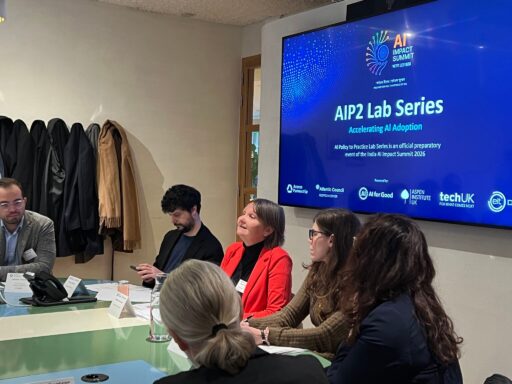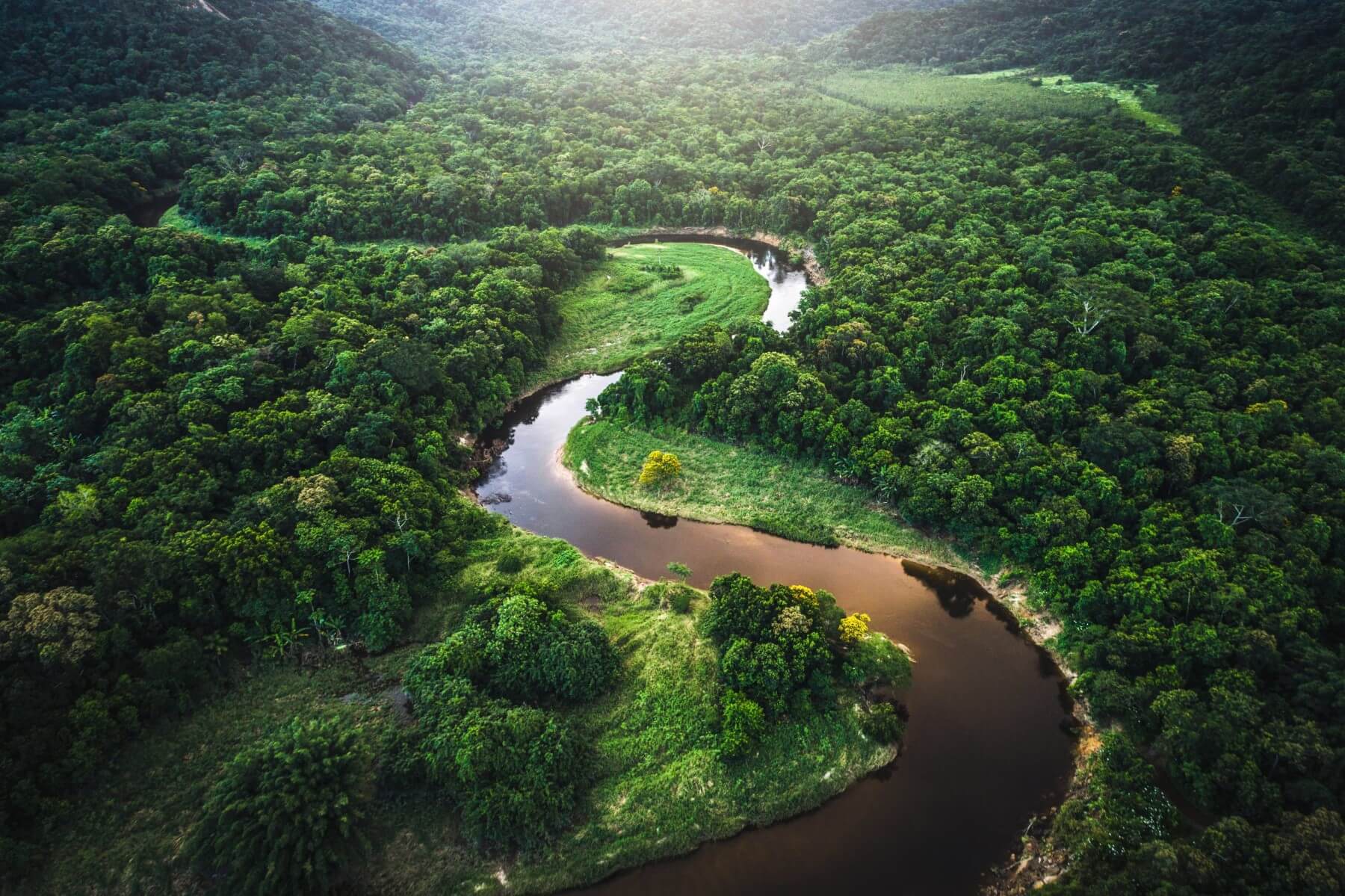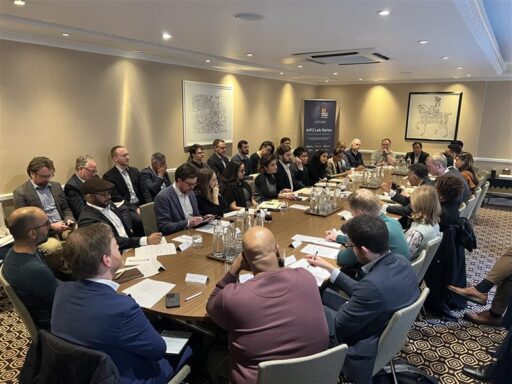The Forest First Approach: A new framing that addresses supply chain risk and reduces deforestation at the forest and farm frontier
Natural, intact forests and other ecosystems are indispensable for human health, livelihoods, and food security worldwide, and yet are still being lost and degraded, especially in the tropics. Agricultural expansion is the primary driver of tropical deforestation and forest degradation. A significant portion of this expansion is due to the ever-increasing demand for internationally traded agricultural commodities, such as palm oil, soy, beef, rubber, coffee, and cacao.
Efforts to halt agriculture-driven deforestation have resulted in several high-profile public and private sector commitments, such as the New York Declaration on Forests or the Amsterdam Declarations, as well as a growing number of company commitments to remove deforestation from supply chains. To support the implementation and impact of these efforts, the Wildlife Conservation Society (WCS) with support from AlphaBeta has developed a new “risk-based” framing for action on deforestation, that prioritizes efforts towards the farm and forests frontier. The “Forest First Approach” is centered on the principle that prioritizing efforts towards forest frontiers has the potential to aggressively address current deforestation whilst also providing pre-emptive protection against the future conversion of adjacent intact or primary forests. This framing provides the scientific rationale and the business case for the public and private sector to proactively triage and target emerging deforestation risks before they are heavily embedded within supply chains, and provides a lens through which emerging deforestation frontiers can be identified. The three guiding principles of the Forest First Approach are:
- Prioritising actions to the forest frontier, where ‘embedded risk’ of deforestation in commodity production is highest and intersects with at-risk primary and intact forests
- Support smallholder farmers and local communities at the forest frontier, with an accompanying shift in the horizon of corporate responsibility to identifying and fostering stronger relationships with smallholders even in areas outside of current supply sheds
- Catalyse collective action, and collective responsibilities at the forest frontier, through cooperation between communities, companies, investors, local governments, and NGOs, supported by donor governments and philanthropies
A critical finding from this research is that an increasing proportion of tropical deforestation – and associated risk in commodity supply chains – is found within relatively low production volumes originating from a small number of districts and municipalities at the forest frontier. Just 3 percent of all districts and municipalities in tropical forest countries account for over 50 percent of tropical forest loss.
Click here to read the full report, and on the button below for more about WCS’s activities and publications related to the Forest First Approach.





